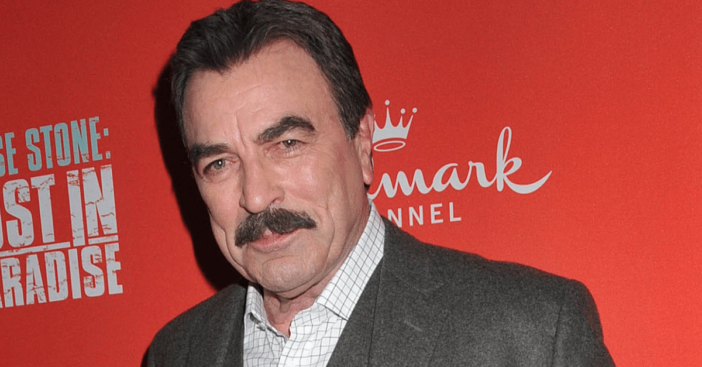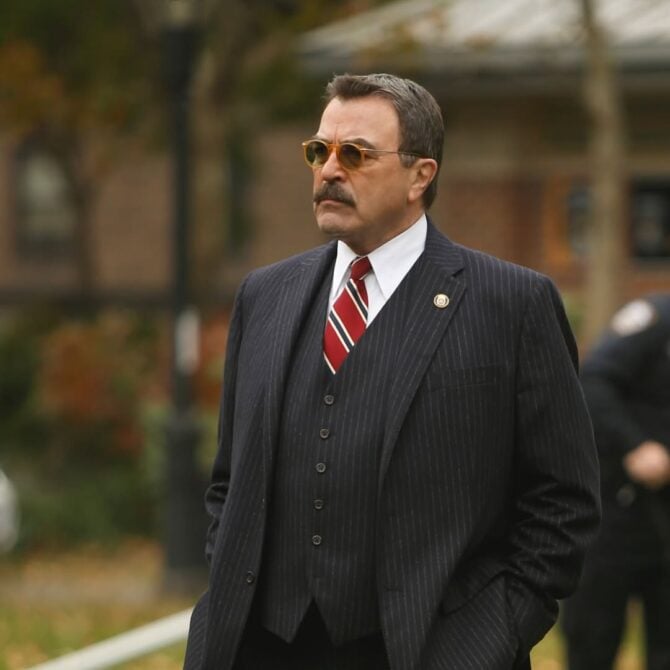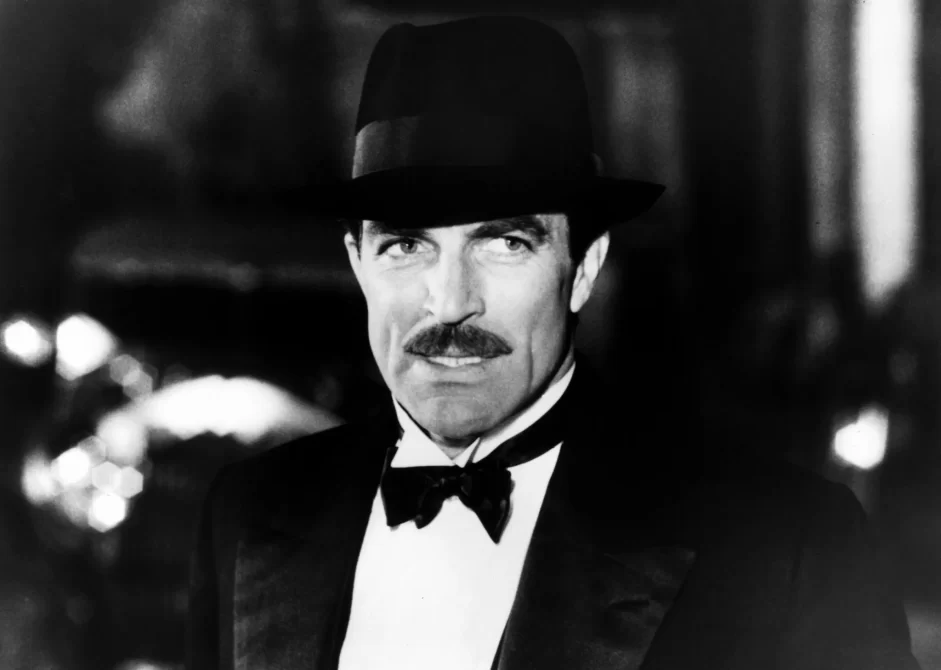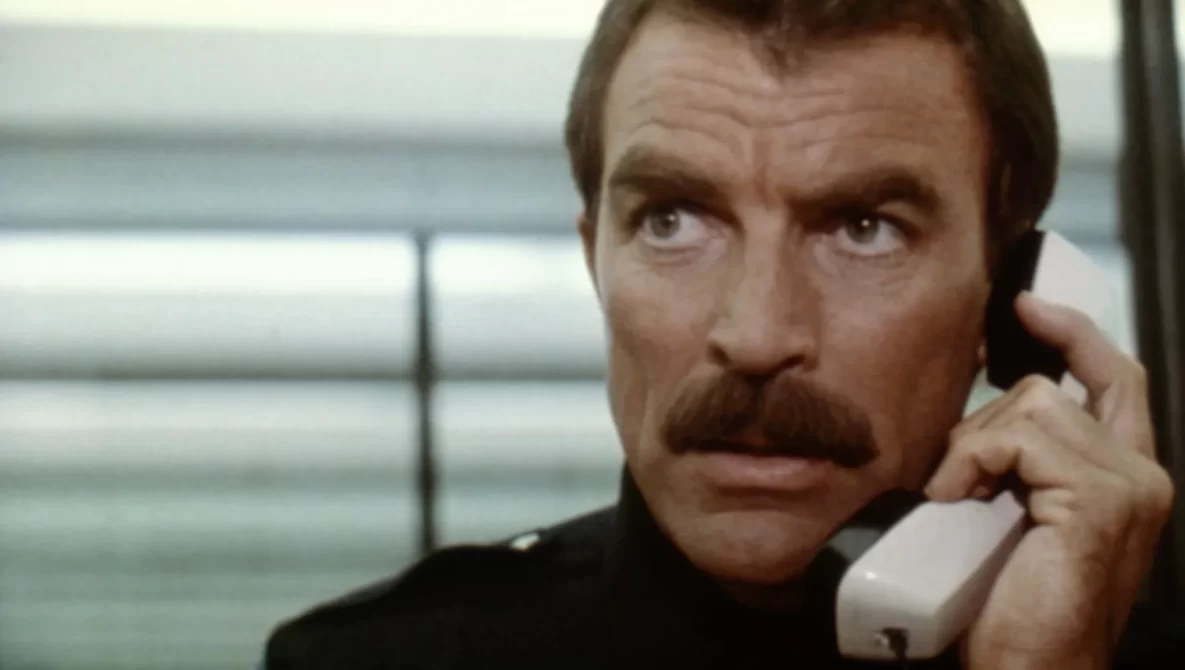
Actor Tom Selleck has been criticized for his continued role as a spokesperson for American Advisors Group (AAG), which has been intensely criticized for its reverse mortgage offerings. AAG, now part of Finance of America, has been accused of using deceptive methods to market its financial products to seniors.
The federal Consumer Financial Protection Bureau (CFPB) has had cases against AAG, most famously in 2016, charging the company over $1 million for misleading advertisement claims that suggested homeowners would not lose their property. Notwithstanding, Selleck remains their spokesman, starring in adverts that attempt to reassure customers about the company’s intentions.
What Tom Selleck’s role as AAG’s spokesperson means to his ‘Blue Bloods’ fanbase

In recent ads, Selleck directly addressed customer concerns, promising that reverse mortgages are not a scam and that he has confidence in the company. However, many viewers are not buying it, with critics taking to online forums like Reddit to express their disapproval.
Many have called the ads predatory and charged the actor with leveraging his fame to market financial services that could be hazardous to older homeowners. Others have mocked his endorsement, saying that his presence in the campaign is merely an attempt to lend credibility to questionable business. The actor is still recovering from the sudden shutdown of his America drama series, Blue Bloods, and his recent role as a controversial spokesperson might affect his fanbase as people are disappointed in his actions.

Tom Selleck’s work as a spokesman has always been controversial
Selleck’s AAG endorsement is not the only controversy he has been a part of as a spokesman. In the 1990s, he did voice-overs for a string of AT&T commercials that were later criticized as overly ambitious visions for the future of technology. However, his most debated endorsement was as a longtime NRA member.

As an NRA board member from 2005 to 2018, Selleck was very vocal about gun rights. His involvement became especially questionable in 1999, when he appeared in an NRA commercial with a rifle a month after the devastating Columbine High School shooting. The timing of the campaign caused serious negative reactions, as many people criticized his judgment and continued membership with the NRA.
